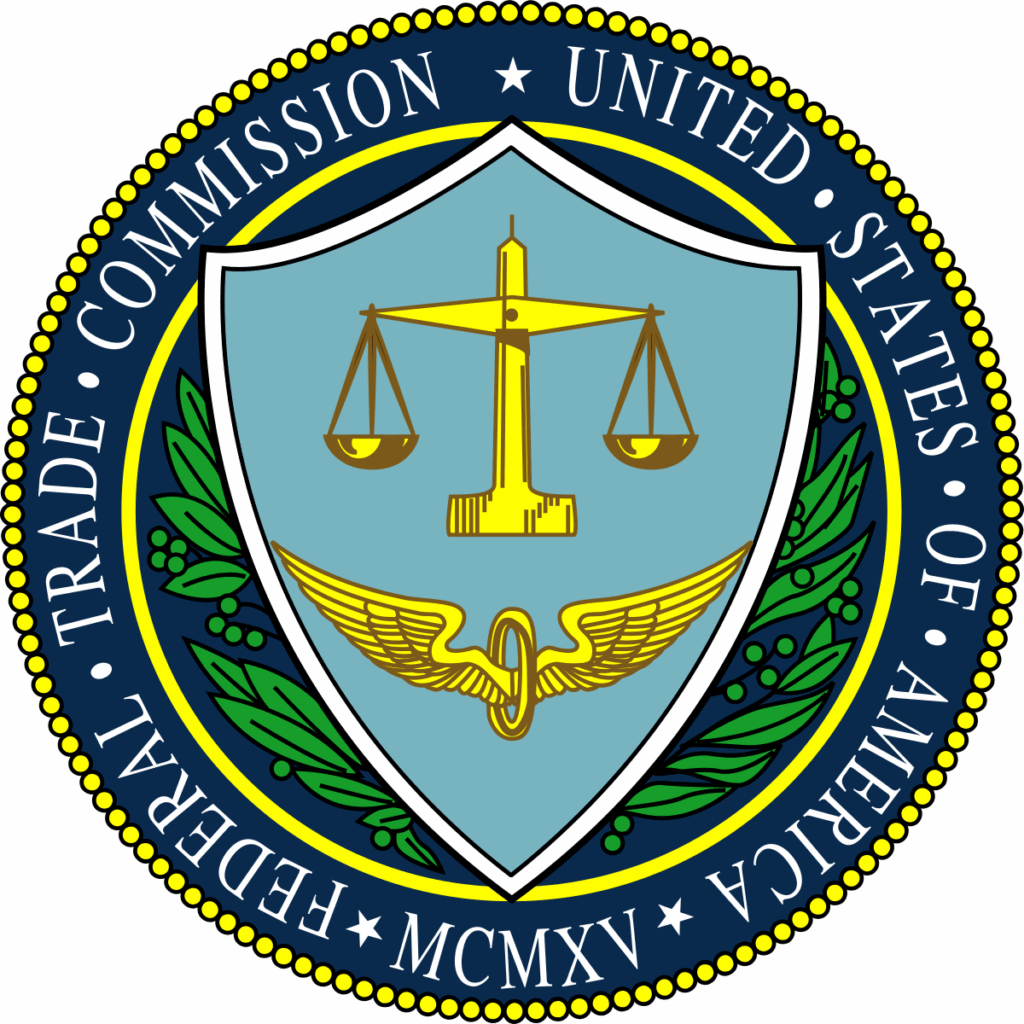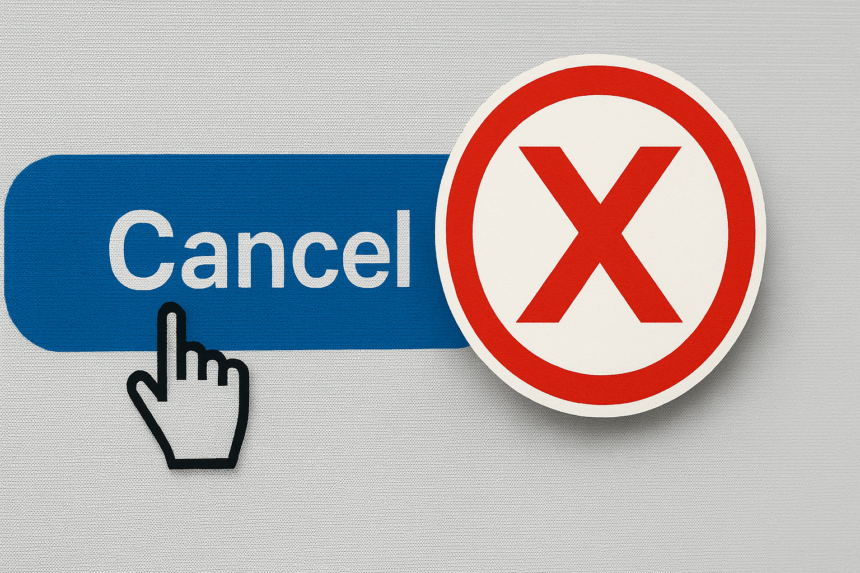A U.S. appeals court halts the Federal Trade Commission’s “click to cancel” rule. This rule would have required companies to make canceling subscriptions easy and transparent. The court’s decision represents a major win for businesses but raises questions about consumer protections in subscription services.
What’s Happening & Why This Matters
The click-to-cancel rule was set to take effect on 14 July 2025. It aimed to simplify subscription cancellations and force clear disclosures on free trials with automatic renewals, also known as “negative option programs.” However, a U.S. appeals court in St. Louis struck down the rule.

Judges ruled the FTC failed to follow proper procedures. Specifically, the agency did not conduct a required preliminary regulatory analysis. This analysis might have revealed alternative solutions or shown the rule’s potential economic impact.
Despite agreeing with the rule’s consumer-protection goals, the court said procedural flaws in the FTC’s rulemaking process invalidated it. The court noted concerns that compliance costs potentially exceeding $100 million, contradicting the FTC’s initial assessment.
The FTC has yet to comment on whether it will try to revive the rule. Legal experts suggest the current FTC leadership may not pursue it again, especially after recent political changes that removed key commissioners who supported the rule.
Business groups welcomed the decision. Cable TV providers, broadband companies, and newspapers sued to block the rule, arguing it unfairly regulated subscription services across industries.
Meanwhile, some U.S. states, California and New York, adopted their click-to-cancel laws. These state laws already provide consumers with cancellation rights even if the federal rule is on hold.
TF Summary: What’s Next
The court’s decision pauses federal efforts to simplify subscription cancellations nationwide. Businesses gain relief, but consumers may face inconsistent protections depending on their state-of-residence.
Watch for potential new rulemaking from the FTC or stronger state-level laws filling the gap. Subscription transparency remains a pressing issue as digital services cancellation is not always straightforward.
— Text-to-Speech (TTS) provided by gspeech


